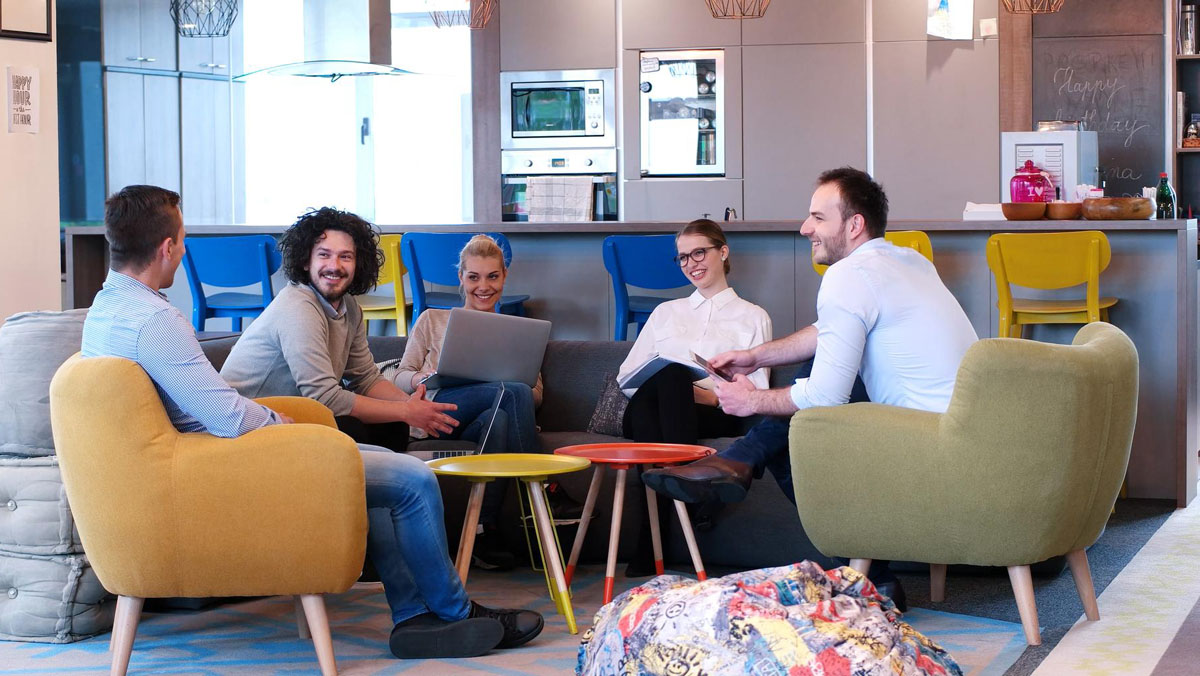Innovation in the management of capital and human talent, as well as in human resources, has become increasingly relevant to the point of becoming fundamental for those companies that want to remain or position themselves at the forefront of their respective sectors.
Before continuing with the relationship between innovation and human capital, it should be pointed out that human talent refers to the skills and abilities that workers and collaborators bring to a company in order to generate added value for the organisation, while human resources refers to each of the people who form part of the organisation.
How does innovation affect human capital and vice versa?
Innovation in the management of capital and human talent is understood as the improvement in the internal processes of a company that, supported by new technologies, provides better levels of efficiency in the management of the workforce.
With the acceleration of digital transformation, the constant review and improvement of these processes is an essential task so that companies do not fall behind.
It is up to the companies themselves to detect the needs for continuous innovation that serve, through periodic reviews of their processes, to introduce the improvements they consider most appropriate.
This does not exclude that, from a participatory or collaborative culture point of view, individual initiatives may arise in which the staff themselves are the ones to suggest these possible improvements.
Since innovation arises from human capital, the level of human capital formation may determine the quality and quantity of innovation generated.
How human capital influences innovation
On the other hand, human capital also affects innovation and not only the other way around, as discussed above. The fact that innovative activity generates knowledge increases the chances of improving skill levels.
Moreover, since innovation is a source of wealth that generates resources, it also serves to ensure that part of these resources are used to sustain strategies that favour the development of citizens.
Similarly, the use and development of new technologies has a positive impact on training. It is precisely in this area of education that upskilling and reskilling are to be found.
Upskilling and reskilling: what are they and how do they differ?
As we have seen above, with the advance and development of the digital revolution and the emergence of specialised technological professions, companies are offering training both to optimise their performance by supporting the development and evolution of their career (upskilling) and to retrain for a new position (reskilling).
These two processes share the same training objective, one improving competences for the optimisation of the task already assigned (upskilling) and the other, also known as retraining, aiming to adapt the employee to a new position in the company (reskilling).
In short, upskilling creates skilled workers and reskilling creates versatile workers.
Both share several benefits, such as fighting the digital divide, reducing selection processes or helping to retain talent.
Telefónica, committed to training and employability
At the beginning of 2023, the Chairman of Telefónica, José María Álvarez-Pallete, during his speech at the Davos Economic Forum, described inequality as society’s greatest challenge, highlighting “reskilling and technology as part of the solution”.
To overcome the impact that technology and automation are having on the labour market, there is reskilling, as we have seen above. It will also help to capture new job opportunities that the digital and ecological transition is generating.
Álvarez-Pallete recalled Telefónica’s internal retraining plan (the largest in Europe, with 16,000 employees receiving training to update their skills) while also highlighting social projects such as Campus 42, with which Fundación Telefónica is dedicated to promoting employability.
In fact, Campus 42 has once again been included in the TOP 10 most innovative schools in the world in 2023.
For this reason, the president of the operator concluded that “it is necessary to offer our employees training programmes adapted to the skills they need to succeed in the digital economy, generate talent and increase the competitiveness of our companies”.
